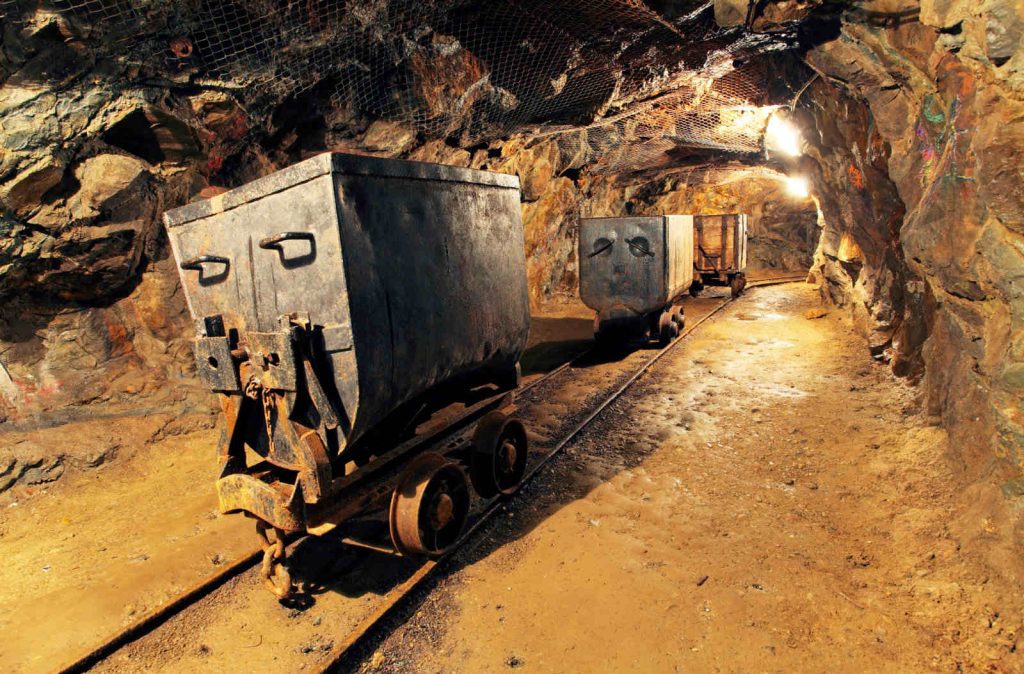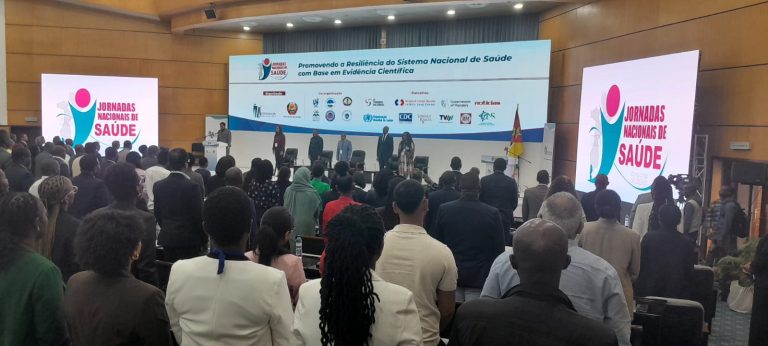
Maputo, 1 Oct (AIM) – The Mozambican government has decided to suspend all mining licenses, with immediate effect, in the central province of Manica because of environmental pollution which is causing contamination of the rivers, which are crucial sources of drinking water.
The country’s General Inspectorate of Mineral Resources and Energy (IGREME) had temporarily suspended mining activity in that province after it was concluded that the pollution was affecting important sources of drinking water such as the Revue river and the Chicamba reservoir, causing serious public health problems.
However, this suspension was largely ignored, leading the government to take more drastic action, attempting to shut down mining in the province altogether.
According to Inocêncio Impissa, government spokesperson and Minister of State Administration, who was speaking on Tuesday to reporters after a meeting of the Council of Ministers (cabinet), the decision came after a report from the Operational Command of the Mozambican Defense and Security Forces (FDS), which was aimed at observing the danger caused by gold mining.
“It was observed that the seriousness of the ongoing situation has environmental, health, social, economic, and national public security implications”, said Impissa. The problem did not lie merely with illegal, unlicensed mining. The Minister admitted that “Uncontrolled mining is also perpetrated by licensed operators”.
Impissa explained that the Operational Command, coordinated by Defense Minister, Cristóvão Chume, has found that several licensed companies are operating without environmental restoration plans or waste containment systems. They also abandon mining equipment after use and violate labour laws and workers’ rights.
“Risks to national security and sovereignty were also identified, as groups of foreigners are involved in illegal mining, entering the country through informal routes and fueling parallel networks of gold trading, extortion, and public insecurity, creating pockets of social tension”, he said.
According to Impissa, the Operational Command mission confirmed that the situation has reached critical levels of environmental pollution, particularly in the Révuè, Nhauacaca, Zonue, Messica, Chimedza and Mudza rivers, where the waters, which were once clear, have now become reddish, cloudy, and opaque, a direct result of the washing of minerals, particularly gold, and the release of metallic and chemical waste, and excavated earth, without any treatment.
“Pollution affects drinking water supplies, putting the livelihoods of thousands of families and the functioning of health centres, schools, and municipal services at risk. Consequently, it can lead to outbreaks of diseases such as diarrhoea, dermatitis, poisoning, and various water borne infections”, Impissa said.
He emphasized that aquatic fauna is threatened, agricultural fields are no longer productive as before, and communities have lost access to clean drinking water. They also face difficulties in irrigating their fields, while fishing is also declining, “which exacerbates poverty and worsens the living conditions of our fellow citizens.”
The Minister also revealed that the government has created an interministerial commission, led by the Defence Minister, aimed at reviewing the licensing regime, strengthening oversight, defining authorized zones, and creating effective accountability mechanisms.
The commission will also establish and implement an environmental recovery plan with the active participation of offenders, and local authorities, in order to ensure the safety of people and property in the mining areas and restore public order and tranquility.
“The suspension should be applied globally, covering both licensed operators and those operating illegally, in order to stem the decline and create an environment conducive to institutional reorganization for sustainable operations”, he said.
The main problem is the use of mercury in washing gold. Mercury is highly toxic, but mining operations have made little effort to reduce their use of it. Analysis of the waters of the Manica rivers and of the Chicamba reservoir has revealed the presence not only of mercury, but also of other heavy metals, including lead, cadmium and arsenic.
(AIM)
Ad/pf (630)






